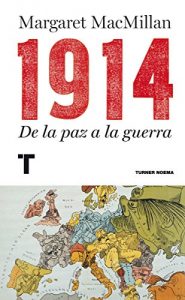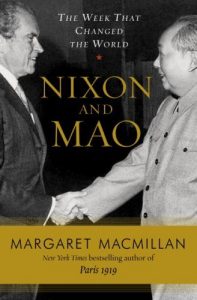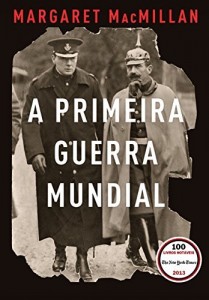After the war to end all wars, men and women from all over the world converged on Paris for the Peace Conference. At its heart were the three great powers - Woodrow Wilson, Lloyd George and Clemenceau - but thousands of others came too, each with a different agenda. Kings, prime ministers and foreign ministers with their crowds of advisers rubbed shoulders with journalists and lobbyists for a hundred causes, from Armenian independence to women's rights. Everyone had business that year - T.E. Lawrence, Queen Marie of Romania, Maynard Keynes, Ho Chi Minh. There had never been anything like it before, and there never has been since.
For six extraordinary months the city was effectively the centre of world government as the peacemakers wound up bankrupt empires and created new countries. This book brings to life the personalities, ideals and prejudices of the men who shaped the settlement. They pushed Russia to the sidelines, alienated China and dismissed the Arabs, struggled with the problems of Kosovo, or the Kurds, and of a homeland for the Jews.
The peacemakers, it has been said, failed dismally, and above all failed to prevent another war. Margaret MacMillan argues that they have been made scapegoats for the mistakes of those who came later. They tried to be evenhanded, but their goals could never in fact be achieved by diplomacy.












